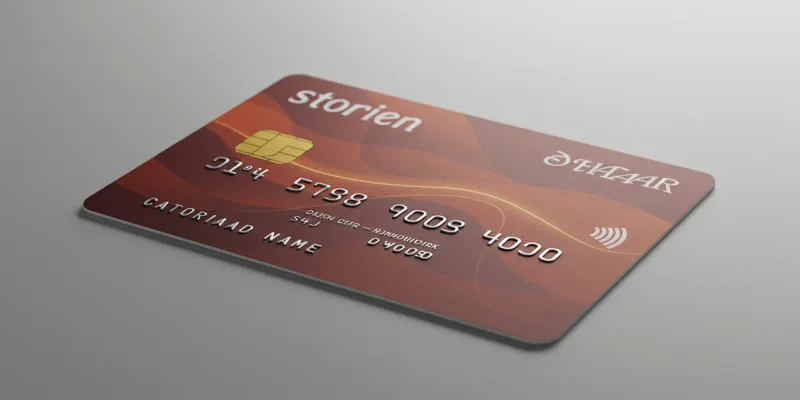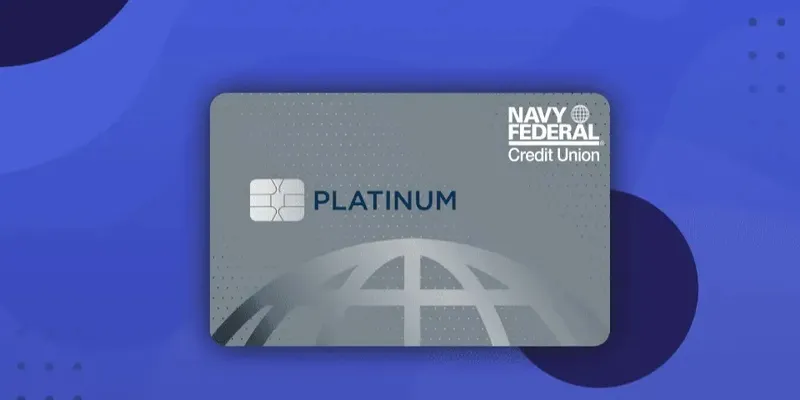Does a Balance Transfer Affect Your Credit Score? Understanding the Impact
When you’re struggling to pay down credit card debt, a balance transfer might seem like a viable solution. But before proceeding, you may wonder: Will transferring your balances from one card to another affect your credit score? The short answer is yes, but the impact can vary depending on how you handle it.

In this article, we’ll break down what a balance transfer is, how it influences your credit score, and how to use it responsibly for the best financial outcome.
What is a Balance Transfer?
A balance transfer involves moving the remaining debt from one or more credit cards to a new card with a lower interest rate. This can help you save on interest charges, allowing you to pay off your debt faster. Many credit card companies offer introductory 0% APR balance transfer deals for a limited period, which can be very appealing for those carrying significant debt.
While a balance transfer might seem like a simple way to manage credit card debt, it’s important to consider several factors before proceeding. Understand not just the benefits, but also how this move can affect your credit score.
How Balance Transfer Affects Your Credit Score

One common way a balance transfer can affect your credit score is through changes in your credit utilization ratio. This is the percentage of your available credit that you’re using. A high credit utilization ratio, typically above 30%, can lower your score as it suggests you are too dependent on credit. Transferring balances to a new card can reduce your credit usage on the original cards, potentially improving your score.
However, if a balance transfer results in high credit utilization on the new card, it can negatively affect your score. If you transfer large balances to a card with a low credit limit, your utilization percentage will likely increase, impacting your credit score.
Opening a new credit card for the transfer can also affect your score. Credit issuers perform a hard inquiry on your credit report each time you apply for a new card. While a single inquiry may cause only a minimal decrease, multiple inquiries or applying for multiple new cards in a short period can have a greater effect.
Factors That Influence the Impact on Credit Score
The impact of a balance transfer on your credit score depends on several factors. Your current credit score plays a role in determining how significant the impact will be. For example, if you already have a high score, you may see a less noticeable dip than someone with a lower score. The size of the balance you’re transferring and the credit limit on your new card matter as well. Transferring a large balance to a card with a high limit can keep your credit utilization ratio low, resulting in less disruption to your score.
The timing of the balance transfer is another key factor. Transferring during a period when your credit utilization ratio is high may cause a slight drop in your score, as the transfer won’t improve the ratio as much as expected. Conversely, making regular, on-time payments after the transfer can lead to score recovery and improvement over time.
Lastly, your credit behavior post-transfer is crucial. Accumulating more debt or missing payments can negatively impact your score. However, using the transfer to consolidate debt and make regular payments can improve your score.
How to Use Balance Transfers Responsibly to Improve Your Credit Score
To use a balance transfer effectively and responsibly, be strategic. Take advantage of 0% APR offers to maximize interest savings. However, be aware of the introductory period and any balance transfer fees, as they can reduce potential savings. Plan to pay off the transferred balance within the promotional period to avoid high interest charges once the 0% APR expires.
Managing your credit utilization ratio is crucial for improving your credit score. If the transfer lowers your utilization on one card but increases it on another, you may not see much improvement. Aim to keep your utilization below 30% on any card, as this is optimal according to credit scoring models.

Avoid accumulating new debt on the card from which you transferred the balance. Continuing to carry a high balance on that card can negate the benefits of your balance transfer. Instead, focus on making steady payments to reduce the balance over time. Regular, on-time payments demonstrate responsible credit management and can improve your score long-term.
Conclusion
A balance transfer can either improve or hurt your credit score, depending on how it’s handled. Reducing credit utilization and consolidating debt can boost your score. However, transferring a large balance to a low-limit card or accumulating new debt can have negative consequences. To use a balance transfer responsibly, capitalize on promotional offers, maintain low credit utilization, and avoid new debt. With careful planning and consistent payments, a balance transfer can be an effective tool for managing debt and improving your credit score over time.











